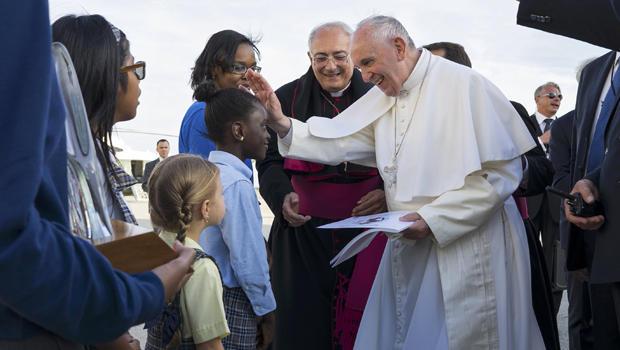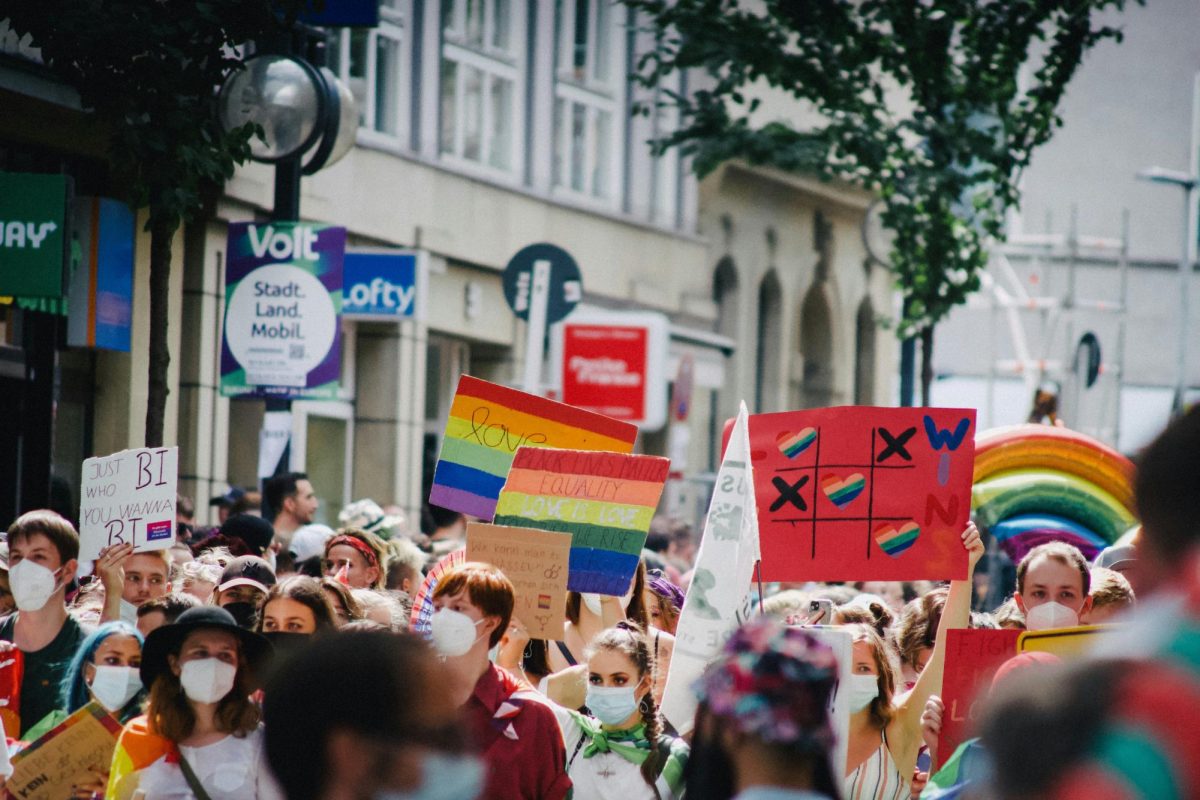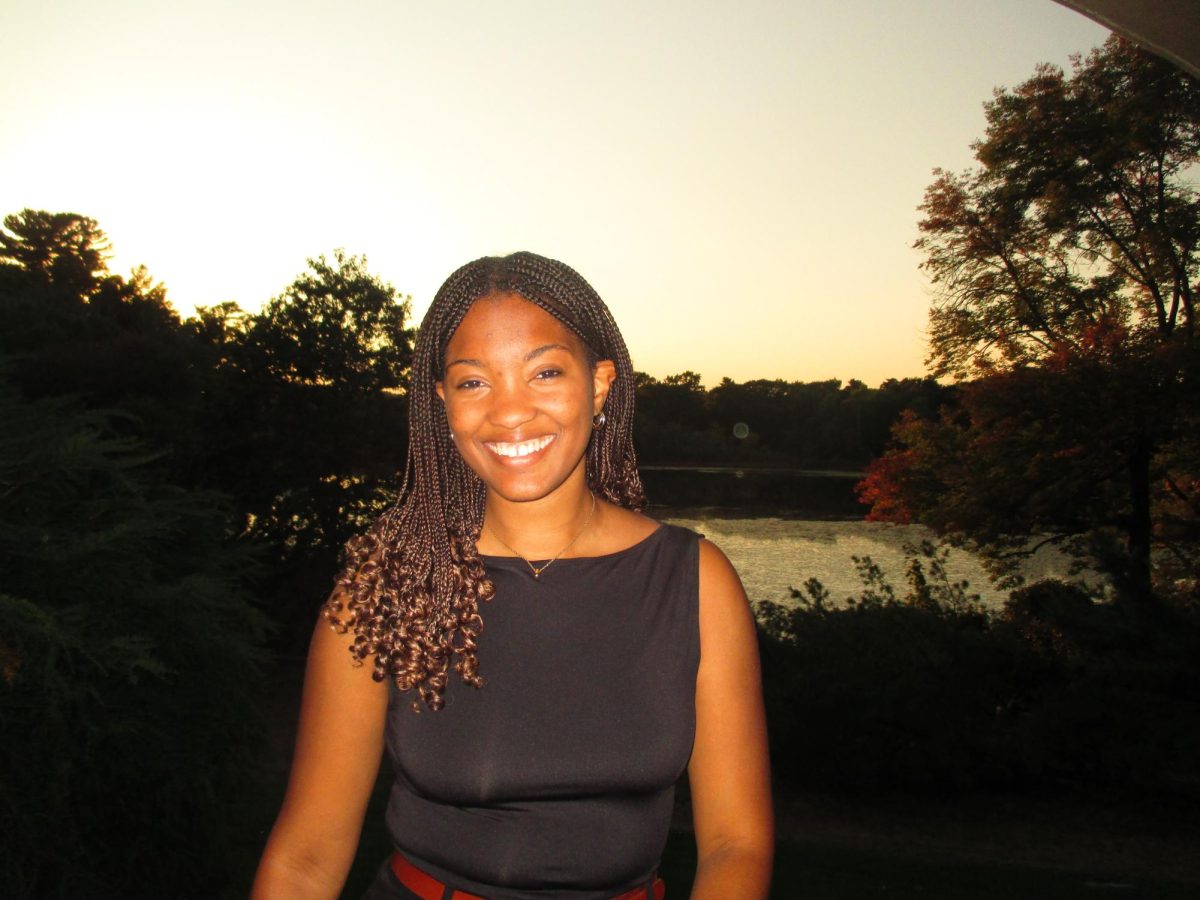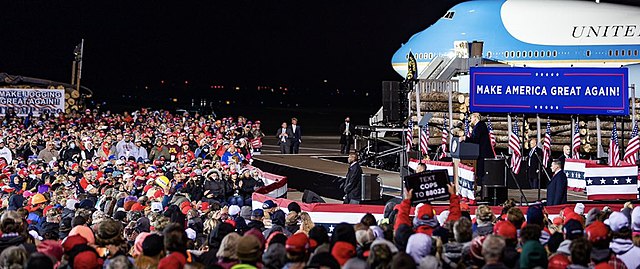Pope Francis is one of the most respected men in the world. He has great capacity for social and political change and has a huge influence on the minds of the people. However, his recent political stances have stirred the pot, as people question whether a religious leader should be involved in politics at all. There is a call for religion and politics to be kept in separate spheres. Why should the pope stay away from politics?
I applaud the pope’s efforts to use his power for good by addressing the needs of society in the political sphere. He is very progressive in a world that tends to equate religion with regression, or an archaic concept. Some would say that the pope should focus on religious matters, but I think that speaking out in favor of keeping our environment safe and caring about less privileged people is a religious matter. It is very akin to Jesus’ message of care and compassion, mercy, and goodwill.
Pope Francis has used his voice to speak on important social issues, such as climate change, immigration, United States-Cuba relations, and the death penalty. Particularly, as someone who advocates for urgent measures to combat man-made climate change, it is refreshing to have someone so highly influential address the dangers of climate change.
There is of course the question of whether so much power should be given to a religious leader, especially when religion and politics are supposed to be in separate spheres. The United States is a country that was founded with the separation of church and state. People argue that religion has no business in politics, as a belief system is not a favorable basis for political stances. Furthermore, they say that it is of little use, as not everyone in the nation has the same religious beliefs. However, we must keep in mind that the idea of separation of church and state and the reality are very different. In an analysis by the Pew Forum, nearly 92 percent of the House and Senate are Christian, with 57 percent being Protestant and 30 percent being Catholic. Their religious views also heavily influence their political stances. Some might say that that is the root of the problem, that religion is so heavily entrenched in political decisions. Perhaps, there is benefit in having an influential figure who can appeal to the common Christian sentiment shared by many GOP candidates. , Rather, the pope has numerous viewpoints that differ from those of many Republicans. The Republican front runner, Donald Trump, is known to be staunchly anti-immigration.
I find this worrying, as the United States is a nation made up of immigrants and their descendants. I appreciate Pope Francis stepping up and having opposing views as Donald Trump on immigration in his historic address to Congress, saying, “We, the people of this continent, are not fearful of foreigners, because most of us were once foreigners. I say this to you as the son of immigrants, knowing that so many of you are also descended from immigrants.”
This is the most progressive pope the world has ever had. At least, that’s what public opinion says. In a recent MSNBC poll, 78 percent of people say that Pope Francis will go down as the most progressive Catholic leader in history.
He believes in climate change and unrestricted immigration. He opposes the death penalty and withholds judgement from homosexuals and people who have abortions. He calls for peace, love, and respect for our fellow humans, representing true Christian ideals. In a world where Christianity is used wrongly to justify misogyny, homophobia, and bigotry, particularly in American politics, it is good to have the top dog of the religion stand for for social change.
Photo courtesy of CBS News





Shawn Kim | Oct 7, 2015 at 3:10 pm
Kele, I think this is a great article yet I think you misunderstood the true meaning of the separation of church and state. The First Amendment to the Constitution prevents the government from discriminating its people based on their religions/religious views. The majority of Americans are Christians and their religious views sometimes influence their political views to certain extent. Nevertheless, that interferes with neither the establishment clause nor free exercise clause which are integral portions of the First Amendment. The Pope is NOT bridging the church and state gap in U.S. politics whatsoever…in fact, he does not even have such authority. If one were to violate the separation of church and state clause it would be an instance in which a public official denies to serve/discriminate an American citizen for having different religious views from those of the public official. I am not denouncing your article in any way; in fact, I’d like to applaud your excellent journalism skills. What I’d like to point out is that you may have used the separation of church and state in the wrong way.